|
11/7/2022 Transforming Curriculum in 3 Years Through a Culture of Coaching and Joy with Chris Chappotin and Alisen AdcockRead NowListen to the episode by clicking the link to your preferred podcast platform below: When you think about education, instruction, or curriculum, what comes to mind? Is fun and joy part of your perception or goals? Is levity, connection, and celebration part of your curriculum and teaching goals? If it’s not, you need to listen to Episode 93 of the Time for Teachership podcast. On it, we hear from Chris Chappotin, Assistant Superintendent for Boyd ISD in Texas, and Alisen Adcock, a middle school principal in the same district. Together we discuss what curriculum design looks like on a three-year plan and how important fun and joy is to the process! We also chatted about developing a culture of coaching for continuous growth and improvement. Three Years of Change In his role as an Assistant Superintendent, Chris has to keep an eye out on the big picture, the big goals. And in his district, that revolves around curriculum instruction and coaching. They’re currently in the third year of a plan that centered on creating engaging learning. Specific focus areas included:
Culture of Coaching Addressing curriculum is a massive undertaking for any district or school because it requires growth and change. For that reason, a culture of coaching is essential to success. Instead of a traditional coaching model where some people are the mentors, some the mentees, a culture of coaching involves everyone. Coaching happens across all levels from teachers up to superintendents—it’s not for a select few. Alisen and Chris spoke to two essential aspects of a culture of coaching:
Bringing Back Joy and Connection Underlying anything related to curriculum, coaching, or other aspects of teaching and education is this simple reminder from Chris: this work is about people. It’s easy to get caught up in the day-to-day tasks and responsibilities, but education is a relational field. Relationships between educators, students, and leaders should be at the forefront of everything we do. Two ways to prioritize people and relationships:
By prioritizing small steps and changes, we can collectively move towards relationship-centered education, built on a culture of coaching, and infused with joy. Check out the full conversation with Chris Chappotin and Alisen Adcock on episode 93 of the Time for Teachership podcast. You can also connect with Chris on Twitter and Instagram at @chris_chappotin and Alisen on Twitter at @TexanMath1. Quotes:
0 Comments
Leave a Reply. |
Details
For transcripts of episodes (and the option to search for terms in transcripts), click here!
Time for Teachership is now a proud member of the...AuthorLindsay Lyons (she/her) is an educational justice coach who works with teachers and school leaders to inspire educational innovation for racial and gender justice, design curricula grounded in student voice, and build capacity for shared leadership. Lindsay taught in NYC public schools, holds a PhD in Leadership and Change, and is the founder of the educational blog and podcast, Time for Teachership. Archives
May 2024
Categories |
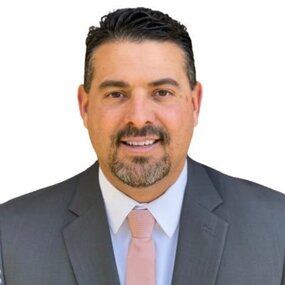
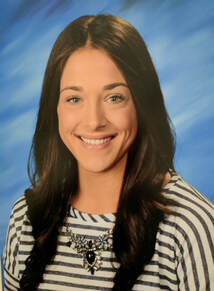
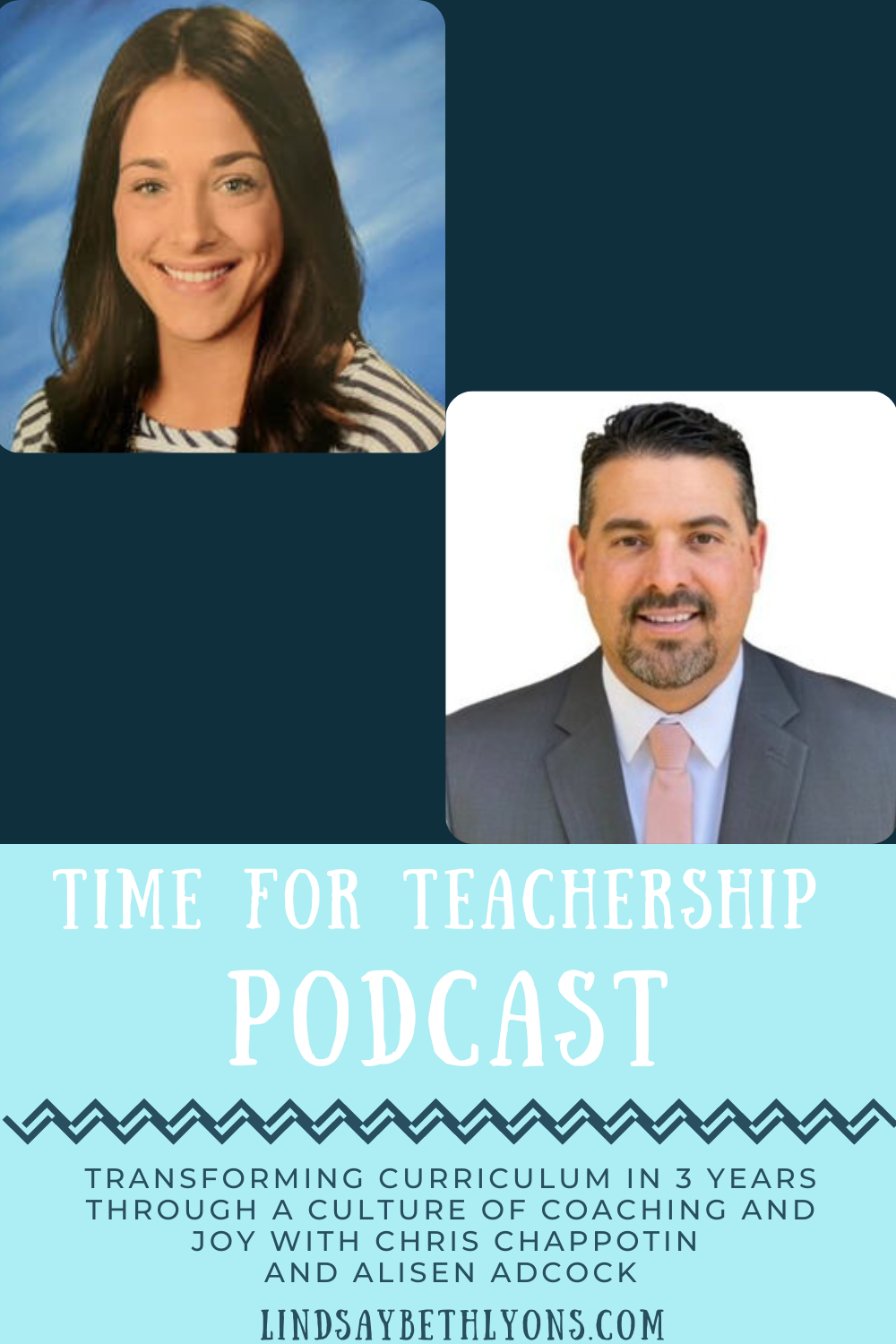
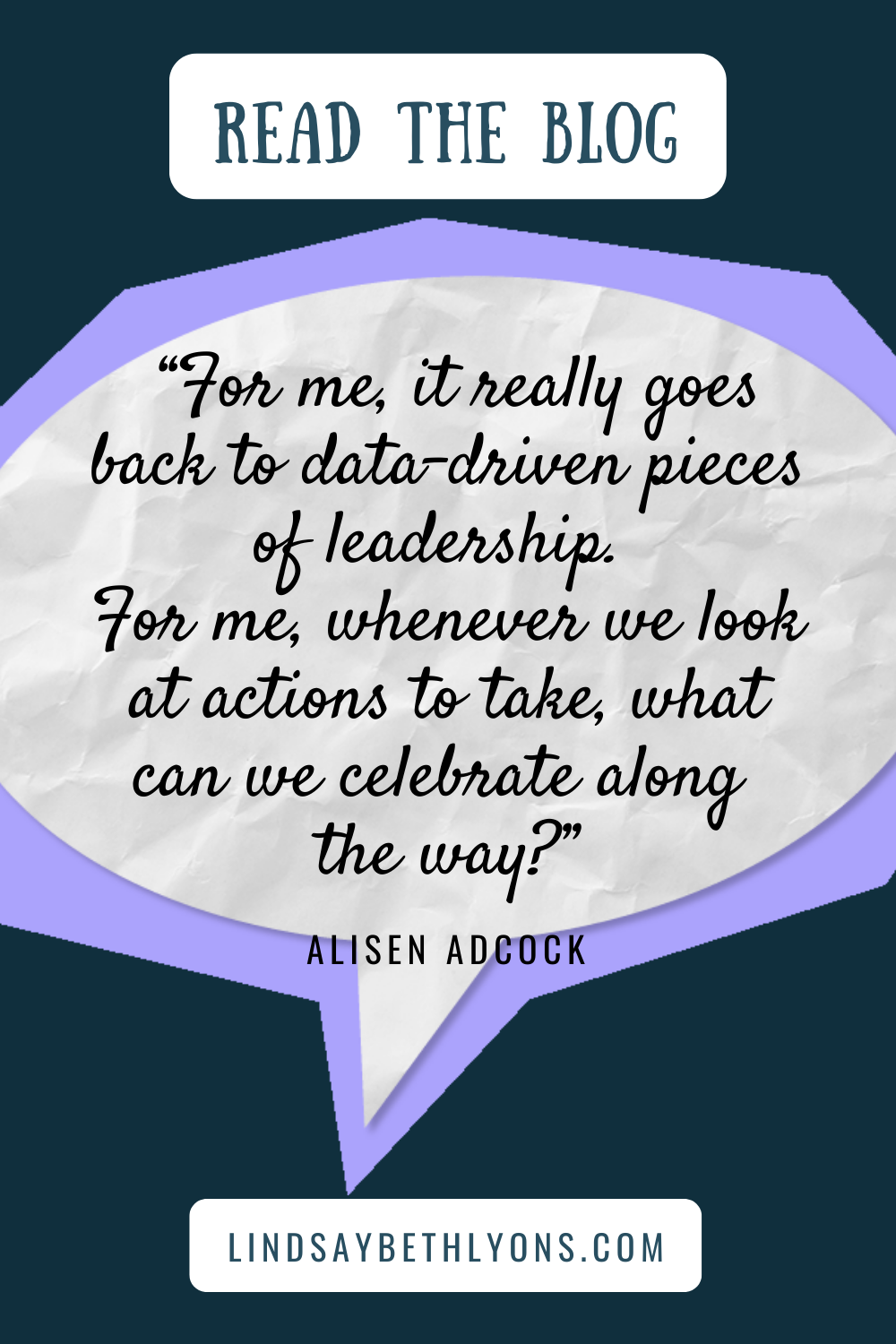
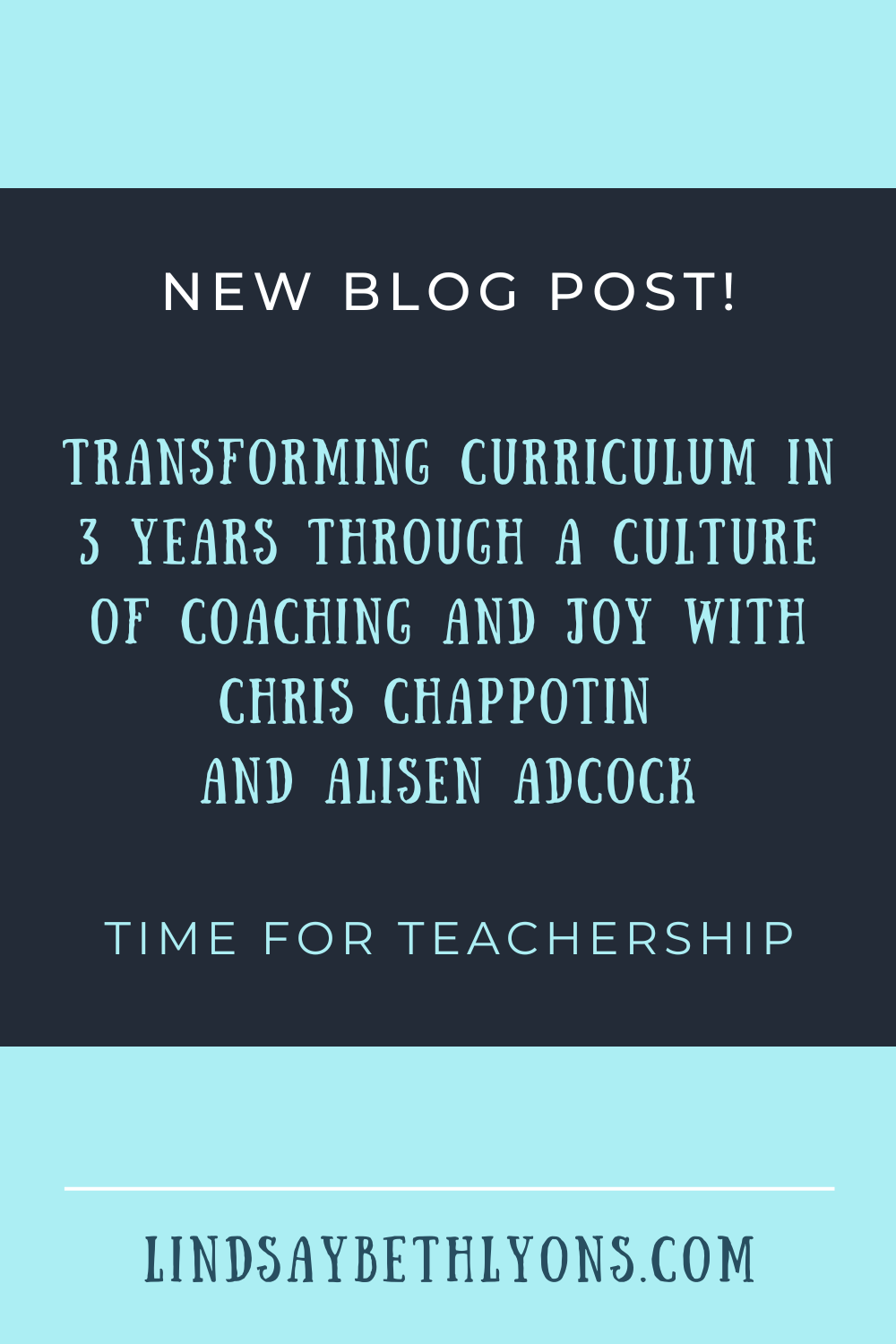

 RSS Feed
RSS Feed